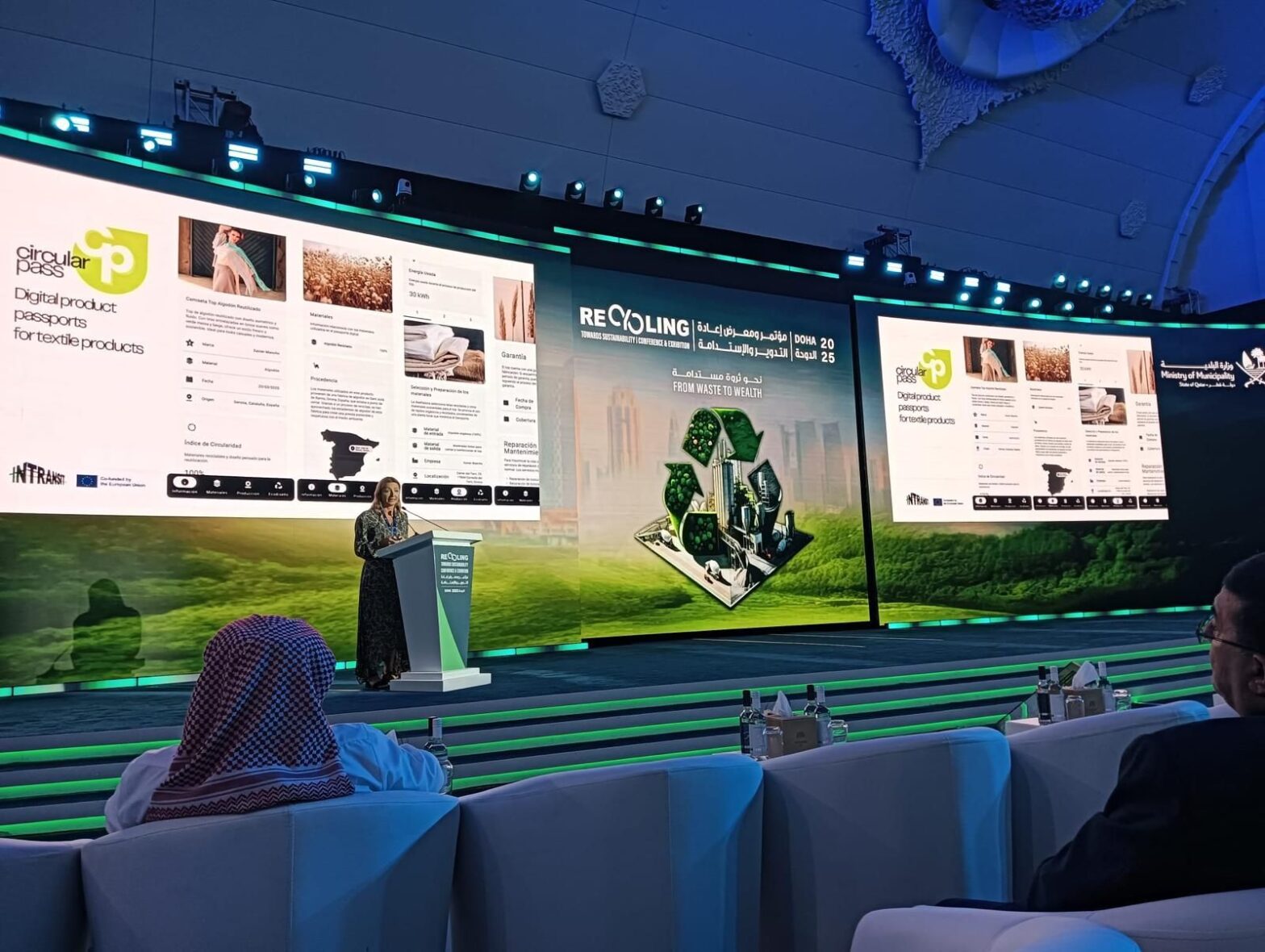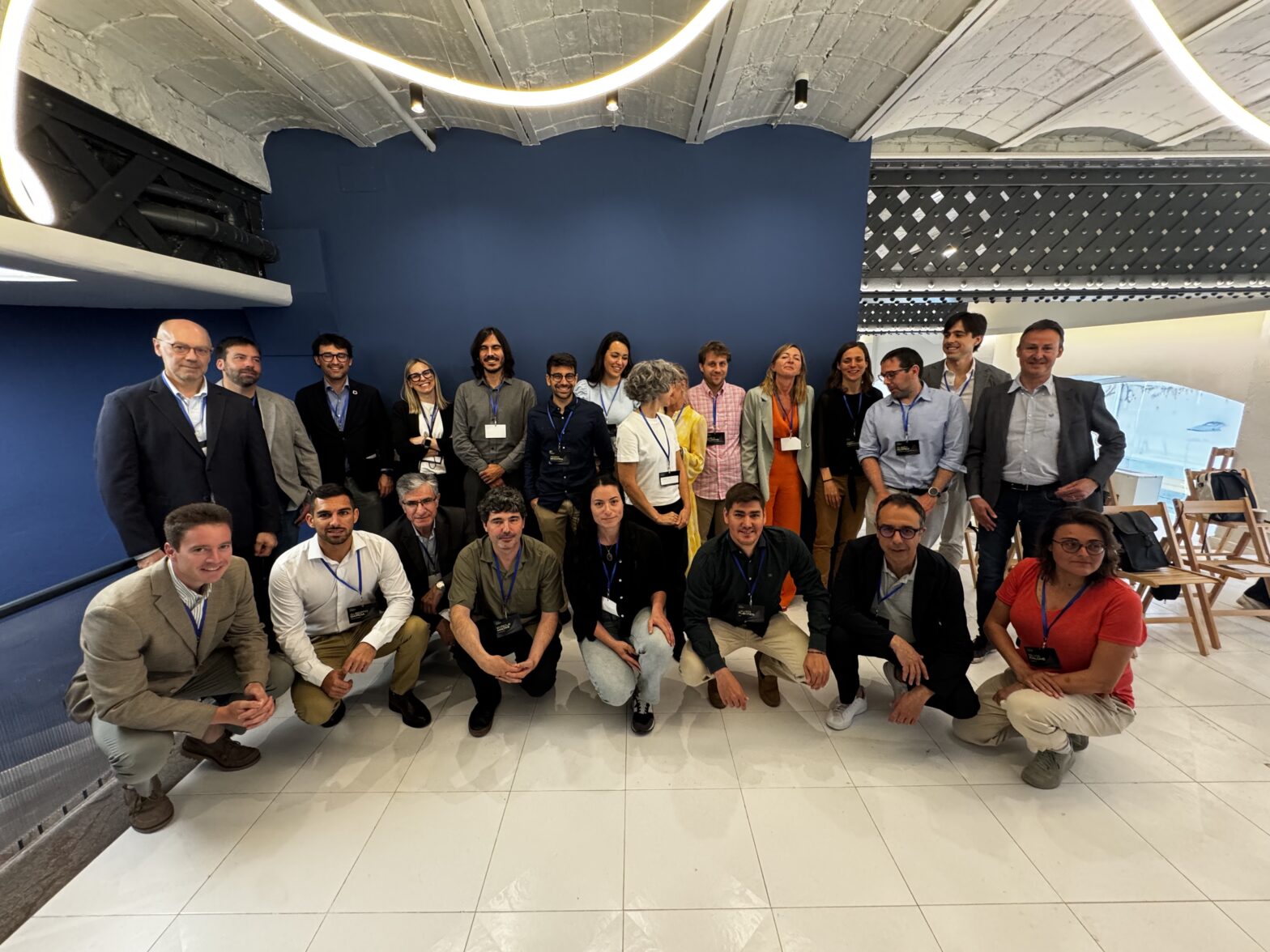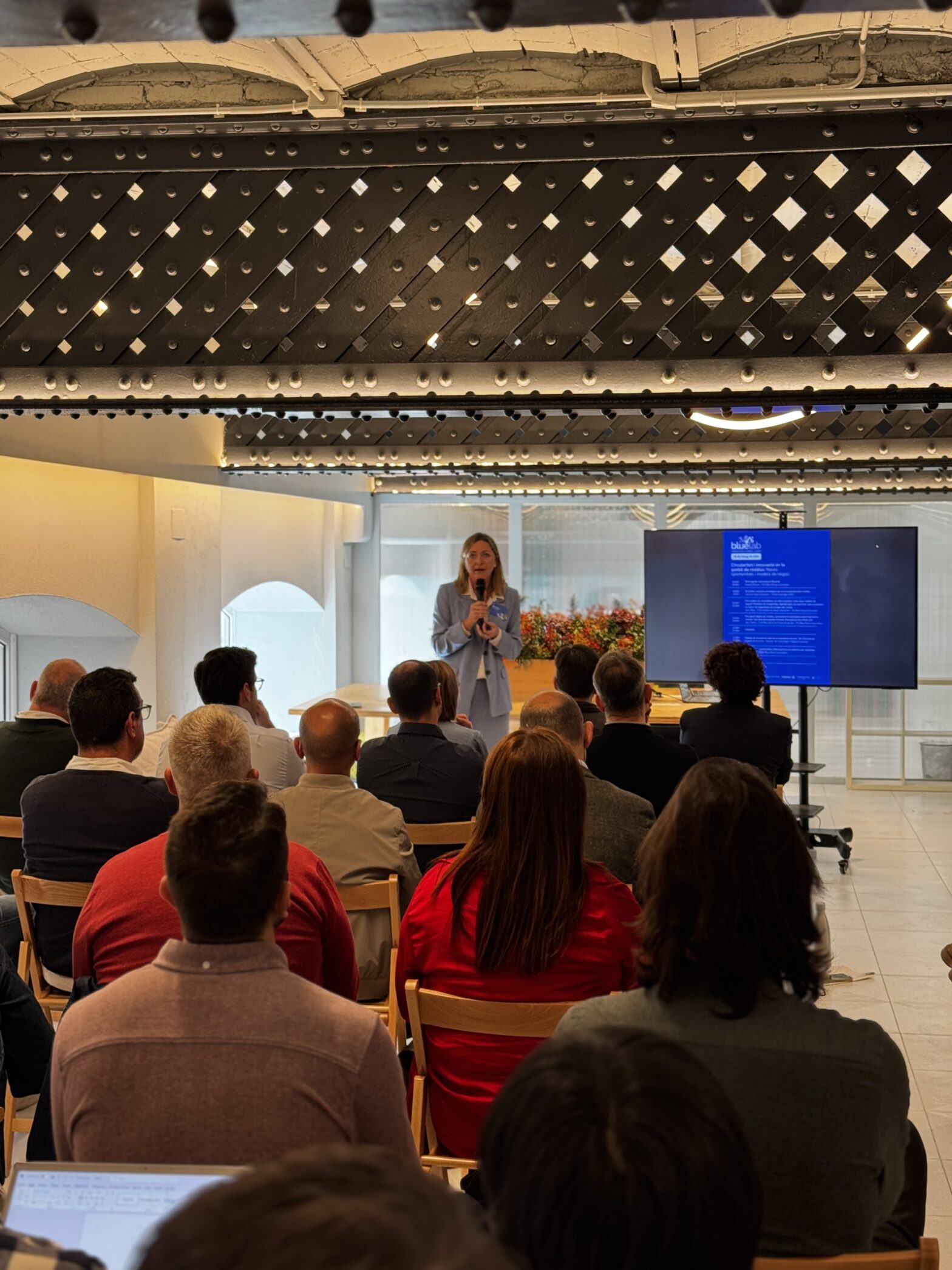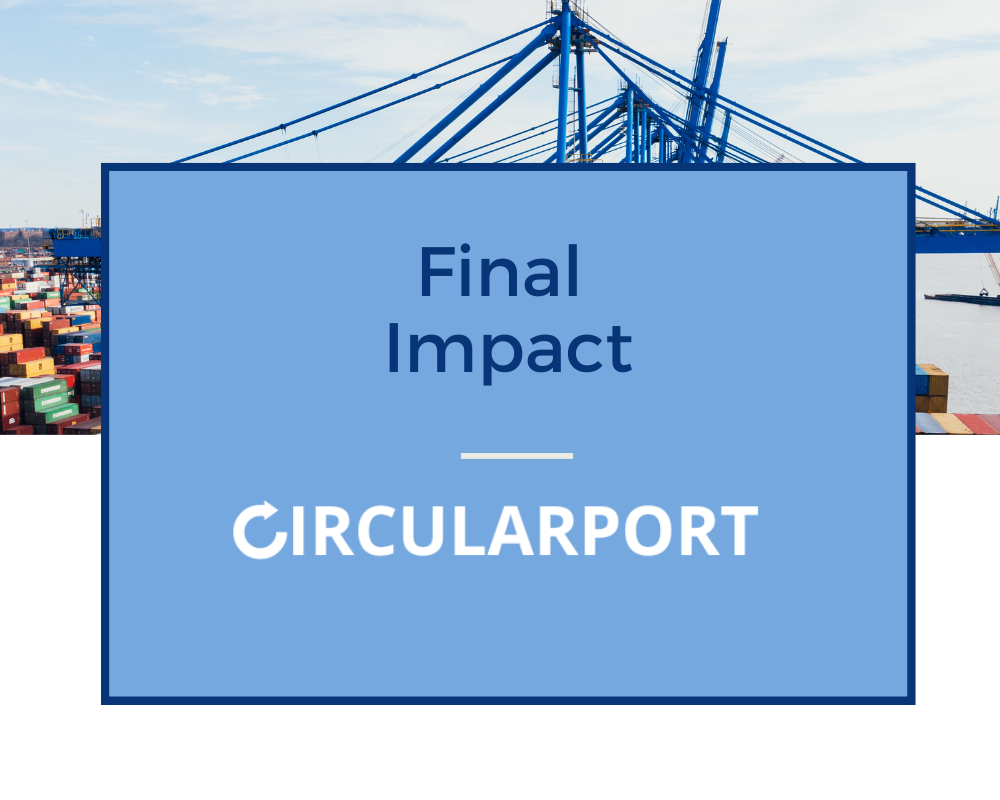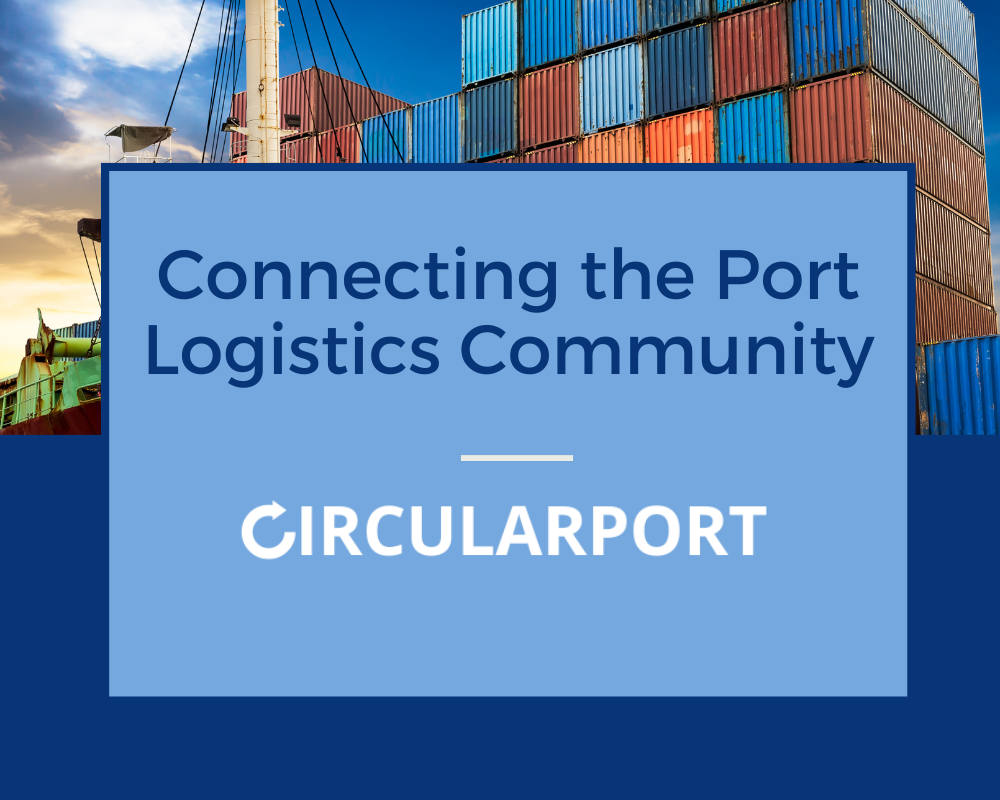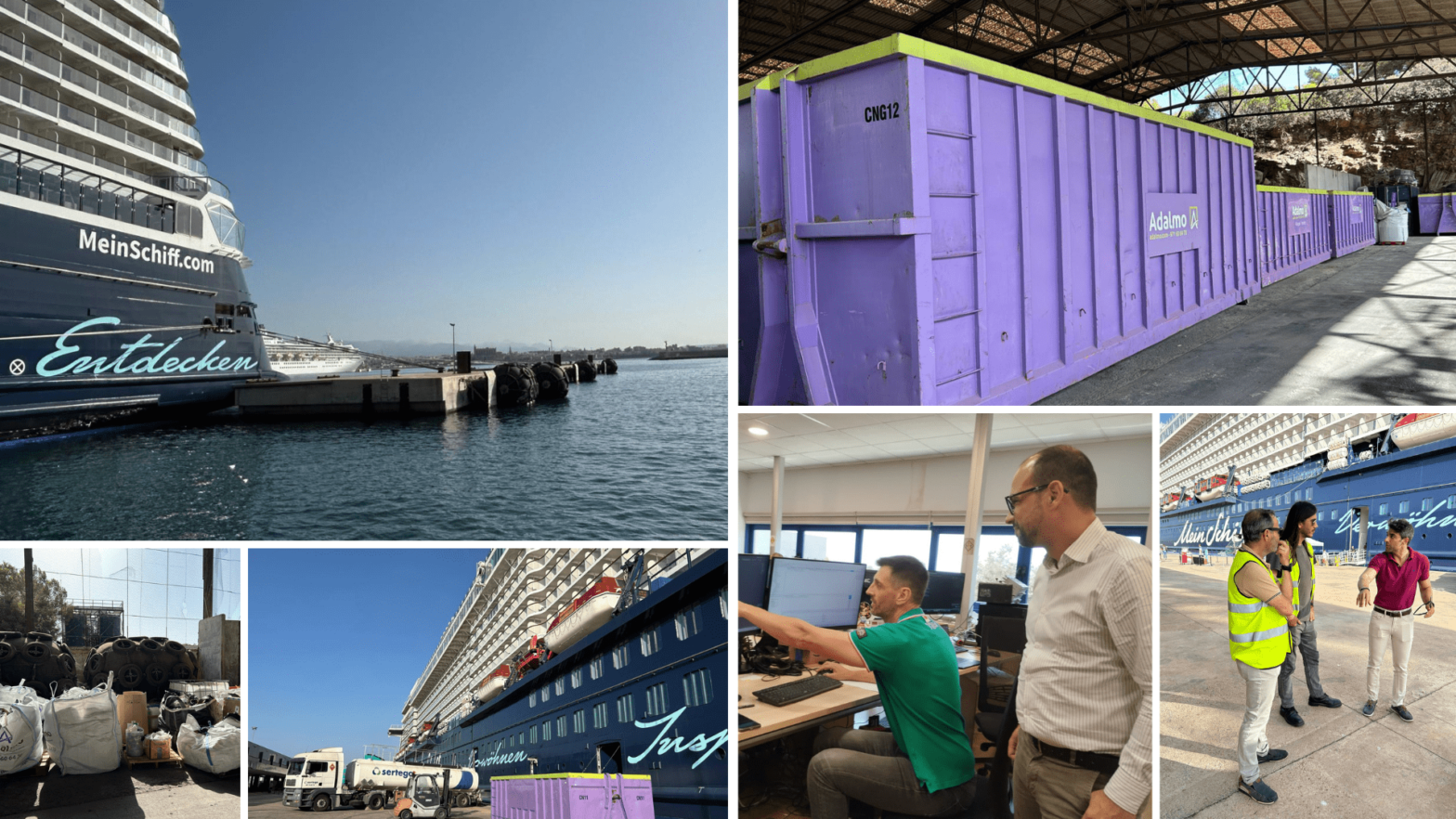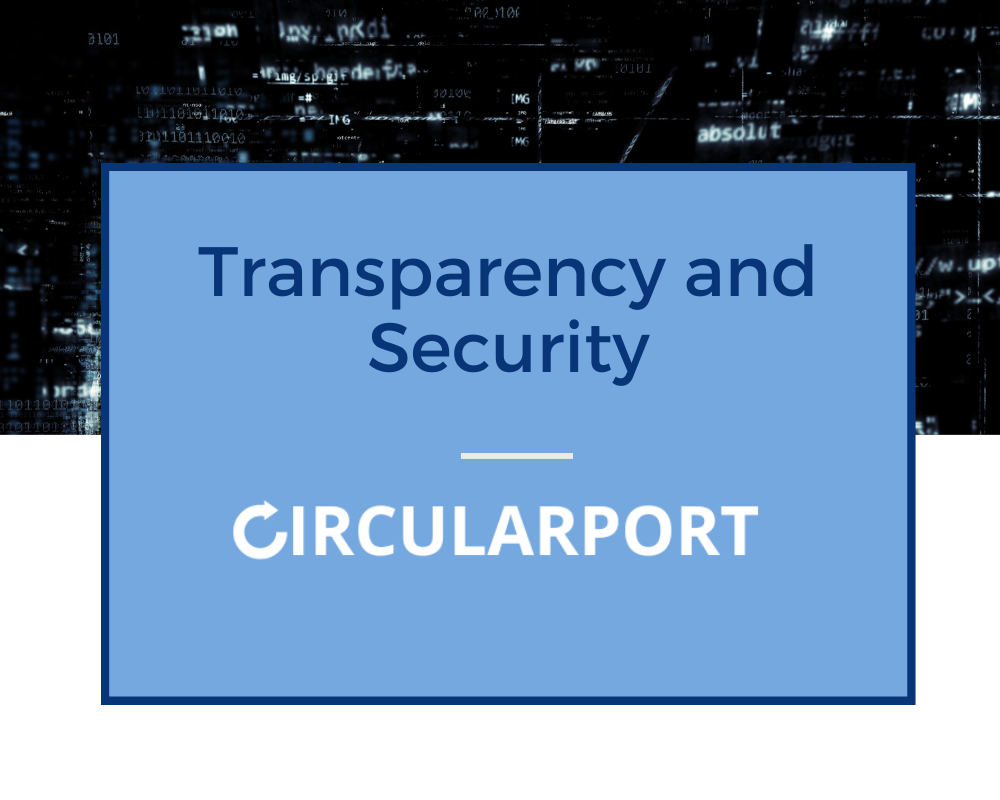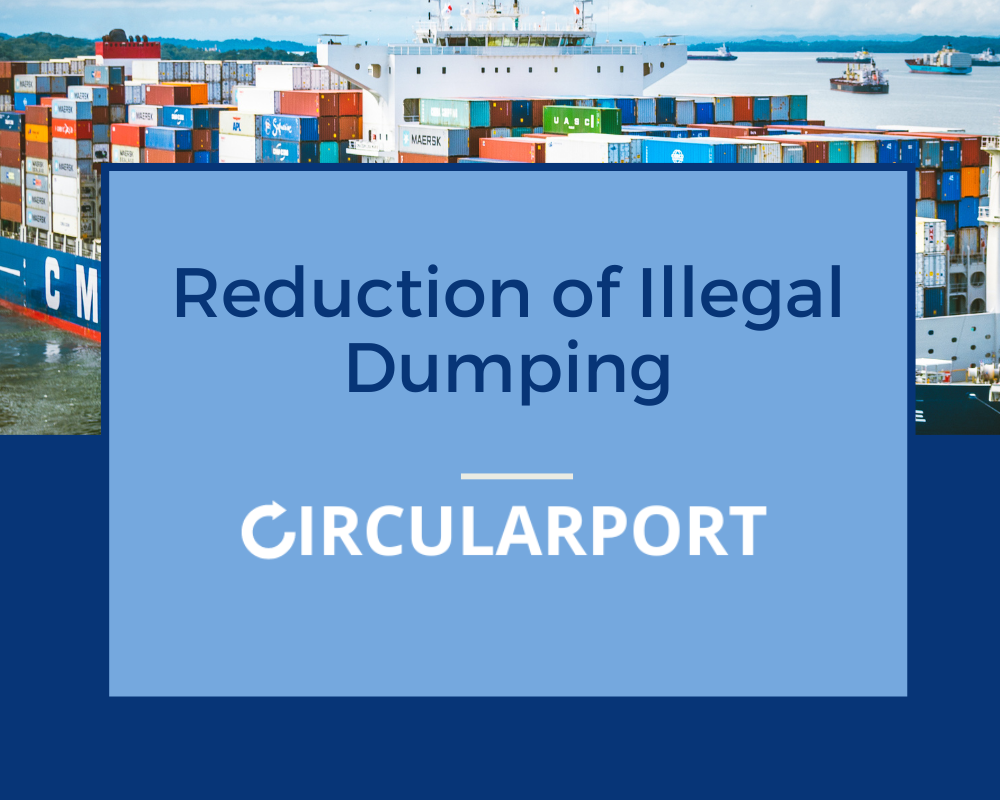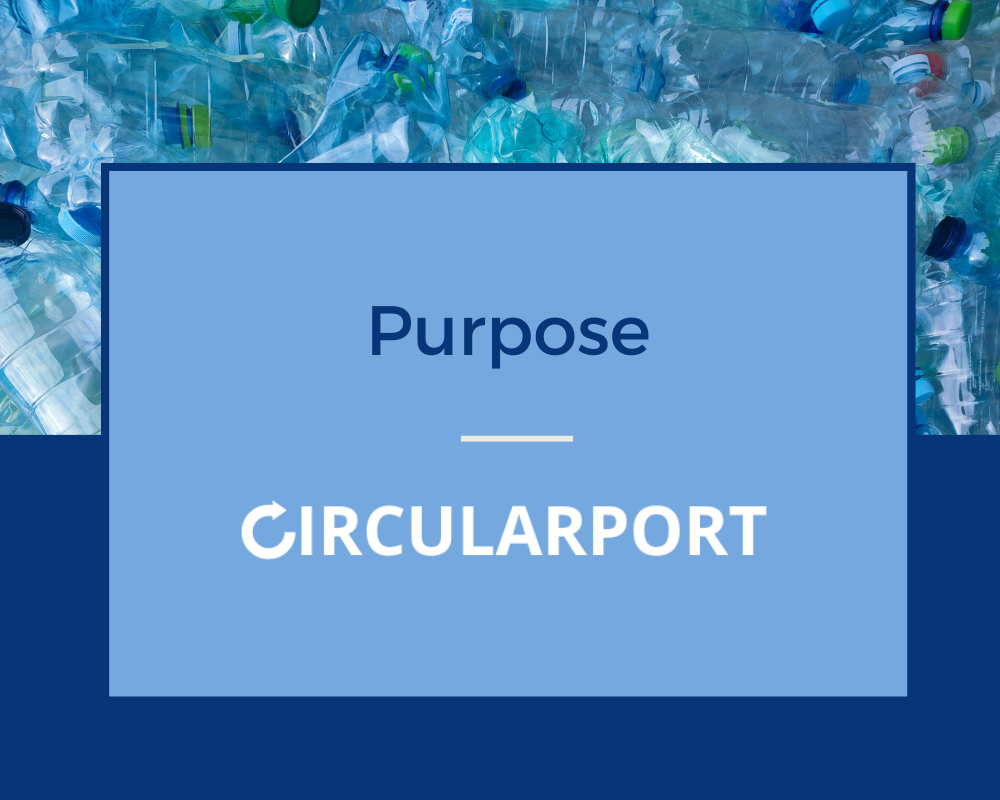International Conference in Doha – Portnet Project Recently, Blue Room Innovation has participated in the international conference “RTS Doha 2025 – Recycling Towards Sustainability, Doha”.This global event brought together key players in the maritime and waste management sectors to explore opportunities for innovation and collaboration in the transition toward a circular economy. For Blue Room Innovation,… Continue reading International conference in Doha – Portnet project
Category: Uncategorized
Participation in the event “The square of circular business”
The digital waste passport shines at “The square of circular business” On June 4 of 2025, Girona became the epicenter of discussions on circularity in construction and resource traceability during the “The square of circular business” event.One of the key highlights of the day was the digital waste passport, presented in the session “Digital waste passport:… Continue reading Participation in the event “The square of circular business”
Circularity and innovation in waste management: a technical workshop with recyclers to drive the circular economy
Circularity and innovation in waste management: a technical workshop with recyclers to drive the circular economy On May 14th 2025, Blue Room Innovation hosted the event “Circularity and innovation in waste management: a technical workshop with recyclers to drive the circular economy” at its offices in Girona. The session was a key opportunity to share knowledge… Continue reading Circularity and innovation in waste management: a technical workshop with recyclers to drive the circular economy
Circular Economy in Ports: The Impact of CircularPort
CircularPort is turning waste into valuable assets through its focus on the circular economy. By tracking the increasing value of waste as it is processed and recycled, the platform allows all participants in the management chain to share in the benefits. This not only promotes recycling but also creates a secondary market where recycled… Continue reading Circular Economy in Ports: The Impact of CircularPort
Connecting the Port Logistics Community
CircularPort is designed to connect all stakeholders involved in port waste management, creating a digital space where ships, MARPOL authorities, recycling plants, and more can collaborate effectively. Through a blockchain-based “digital passport,” it ensures communication and the exchange of crucial information for proper waste management, driving a circular economy that benefits the entire port… Continue reading Connecting the Port Logistics Community
Our Visit to Port de Palma to Witness Marine Waste Management in Action! ⚓️🌊
The role of ports in managing waste generated by marine transport is essential for maintaining clean seas!⚓️🌊🔹 This week we had the privilege of witnessing this process firsthand alongside representatives from the Ports de Balears and the company Adalmo. We observed the journey of waste offloaded from a cruise ship all the way to its… Continue reading Our Visit to Port de Palma to Witness Marine Waste Management in Action! ⚓️🌊
Transparency and Security in Ports with CircularPort
The implementation of blockchain in CircularPort not only streamlines administrative procedures but also increases transparency and security in port waste management processes. This high level of transparency allows all stakeholders, from port authorities to recycling plants, to access accurate and real-time information about the status of the waste, ensuring compliance with all regulations and optimizing… Continue reading Transparency and Security in Ports with CircularPort
CircularPort and the Fight Against Illegal Dumping at Sea
CircularPort plays a crucial role in reducing illegal waste dumping at sea. Through its blockchain-based platform, it incentivizes shipowners to unload their waste at ports by offering bonuses and rewards. This approach not only improves environmental sustainability but also protects marine ecosystems by ensuring that waste is properly treated instead of being dumped into the… Continue reading CircularPort and the Fight Against Illegal Dumping at Sea
Incentives for Recycling: The Circular Component of CircularPort
CircularPort not only enhances waste management but also incentivizes recycling by creating a token. This token rewards shipowners for delivering sorted waste, transforming it into a valuable asset within the value chain. Through this system, responsible unloading at ports is promoted, recycling is improved, and illegal dumping at sea is discouraged, benefiting all stakeholders involved.
Blockchain: Beyond Digitalization in Ports
CircularPort goes beyond mere digitization by integrating blockchain into port management. This technology enables connecting all stakeholders in the waste management chain, from ships to recycling plants, ensuring that everyone shares information in real-time. Thanks to blockchain, it is possible to trace the waste even after it leaves the port, thereby contributing to the circular… Continue reading Blockchain: Beyond Digitalization in Ports

